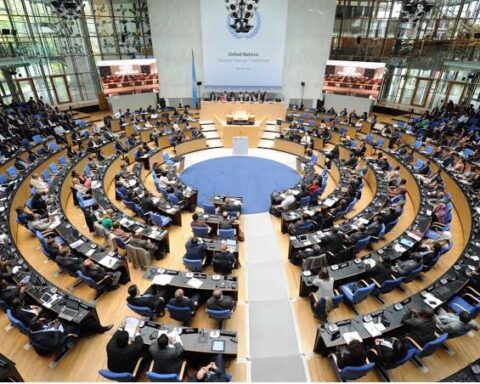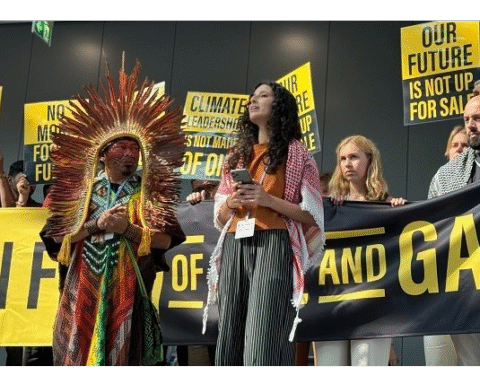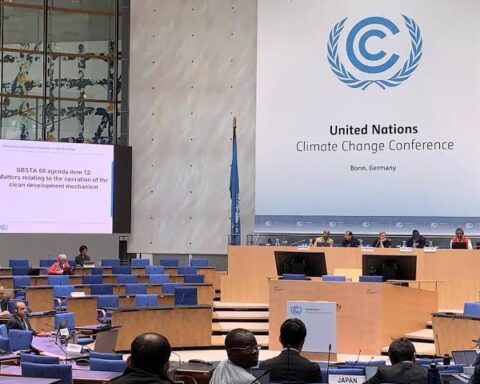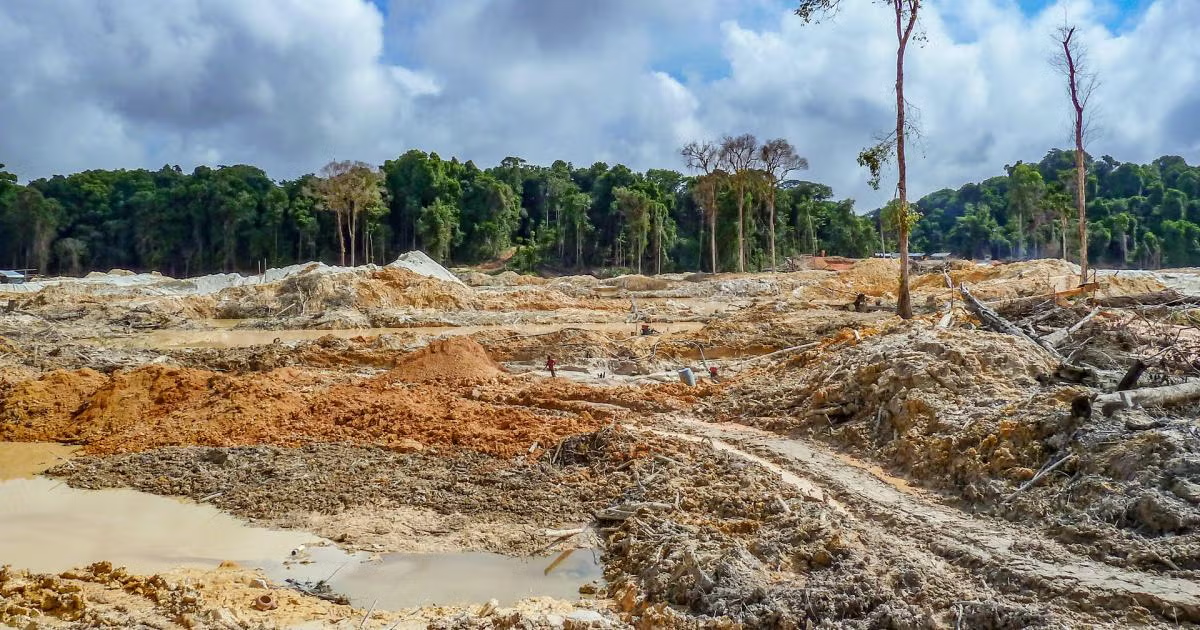As the first week of UN climate negotiations in Bonn concludes, global civil society organisation ActionAid has warned of a mixed bag of outcomes, with growing enthusiasm around Just Transition efforts overshadowed by deep concerns over climate finance mechanisms.
Speaking from the sidelines at ongoing talks Teresa Anderson, Global Lead on Climate Justice at ActionAid, described the negotiations as delivering a “confusing combination of good, bad and ugly outcomes.”
“The good news is that governments are starting to get excited about Just Transition. Agreeing a Just Transition mechanism at COP30 would send a powerful message to the world that workers and communities are at the heart of climate action,” Anderson said.
According to her, a strong Just Transition deal at COP30 in Belém, Brazil, could prove transformative, showing that climate action can simultaneously address job security, food affordability, and energy access particularly for the most vulnerable populations.
However, ActionAid has raised serious concerns about the lack of grant-based climate finance from wealthy nations to support countries on the frontlines of the crisis.
“The Global South has been left holding the cleanup bill for the Global North’s climate-wrecking party,” Anderson said, lamenting the persistent refusal of developed countries to provide real, non-debt-based support.
She also warned of the increasing push by developed nations under the so-called Baku to Belém Roadmap to meet the UK£1.3 trillion climate finance goal by promoting private financial instruments such as loans, corporate investments, and carbon offset schemes.
“Rather than being a climate solution, these private finance options are a strategic way for the Global North to squeeze ever more profits and control from the Global South,” Anderson noted.
“Private finance is a Trojan Horse that will likely push many climate-impacted communities deeper into poverty.”
The Bonn climate talks, which serve as preparatory sessions for COP30, have spotlighted the widening trust gap between developed and developing countries.
While technical negotiations continue, civil society voices like ActionAid are pushing for equitable outcomes grounded in justice and historical responsibility.
As Week Two of negotiations begins, expectations are mounting for clearer pathways on Just Transition frameworks, concrete commitments on public climate finance, and a reckoning with the Global North’s continued reliance on market-based approaches.
By Dare Akogun








